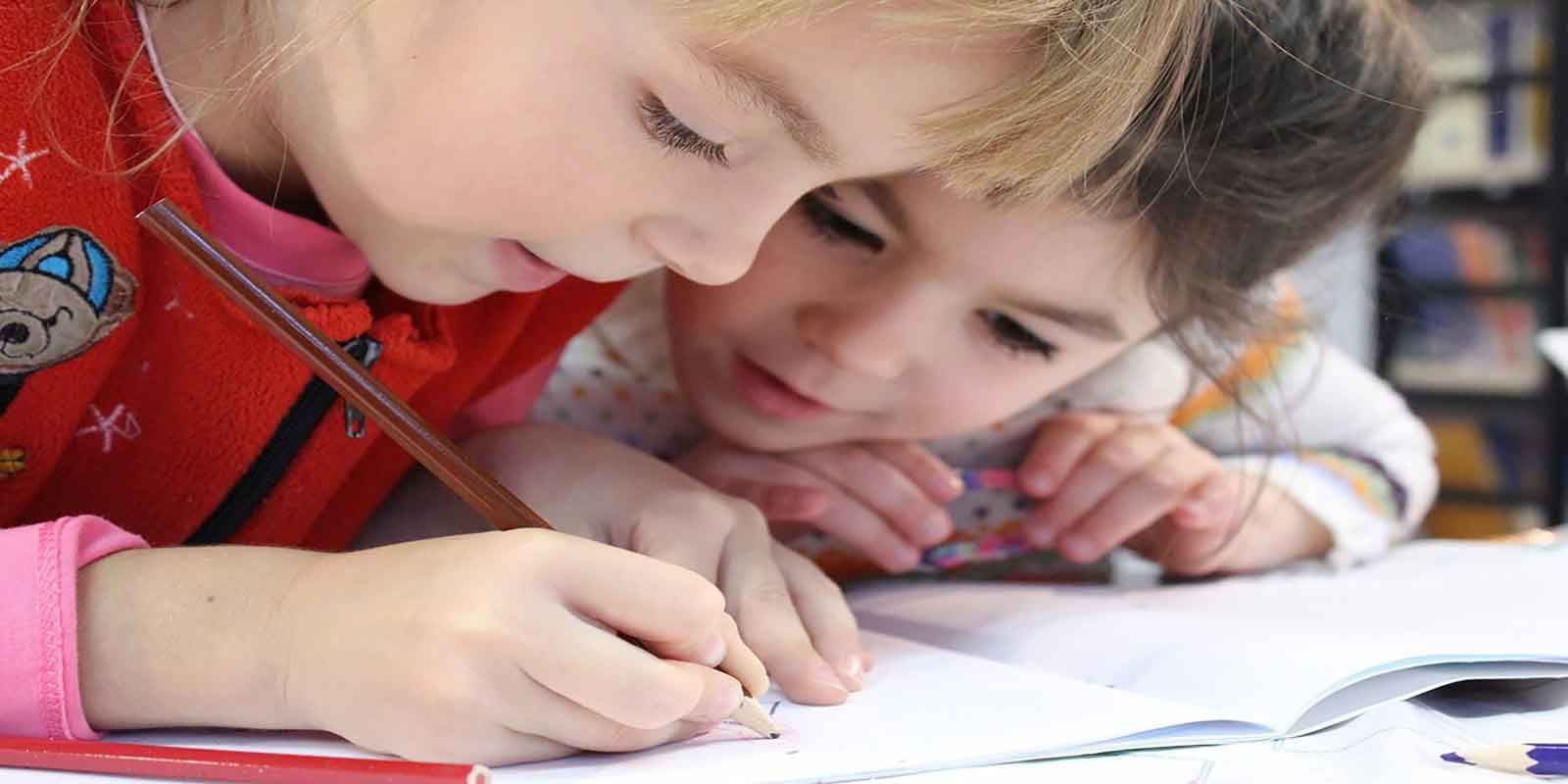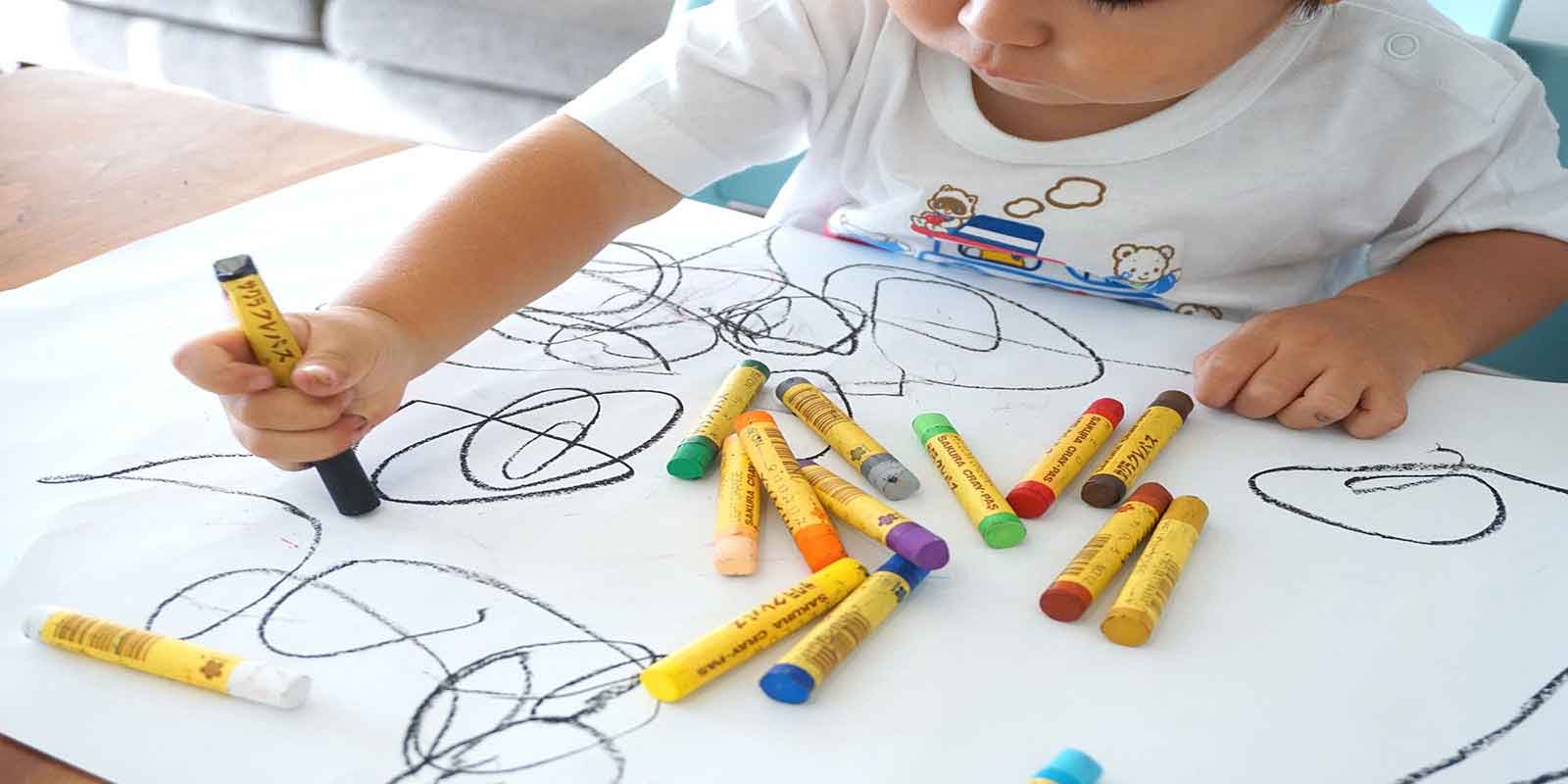Do Good Fine Motor Skills In Young Children Mean They Will Do Better At School?
Website Editor • November 16, 2019
The advances in mobile devices and the increasing access to these devices by young children has led to the appearance of a new phenomenon.
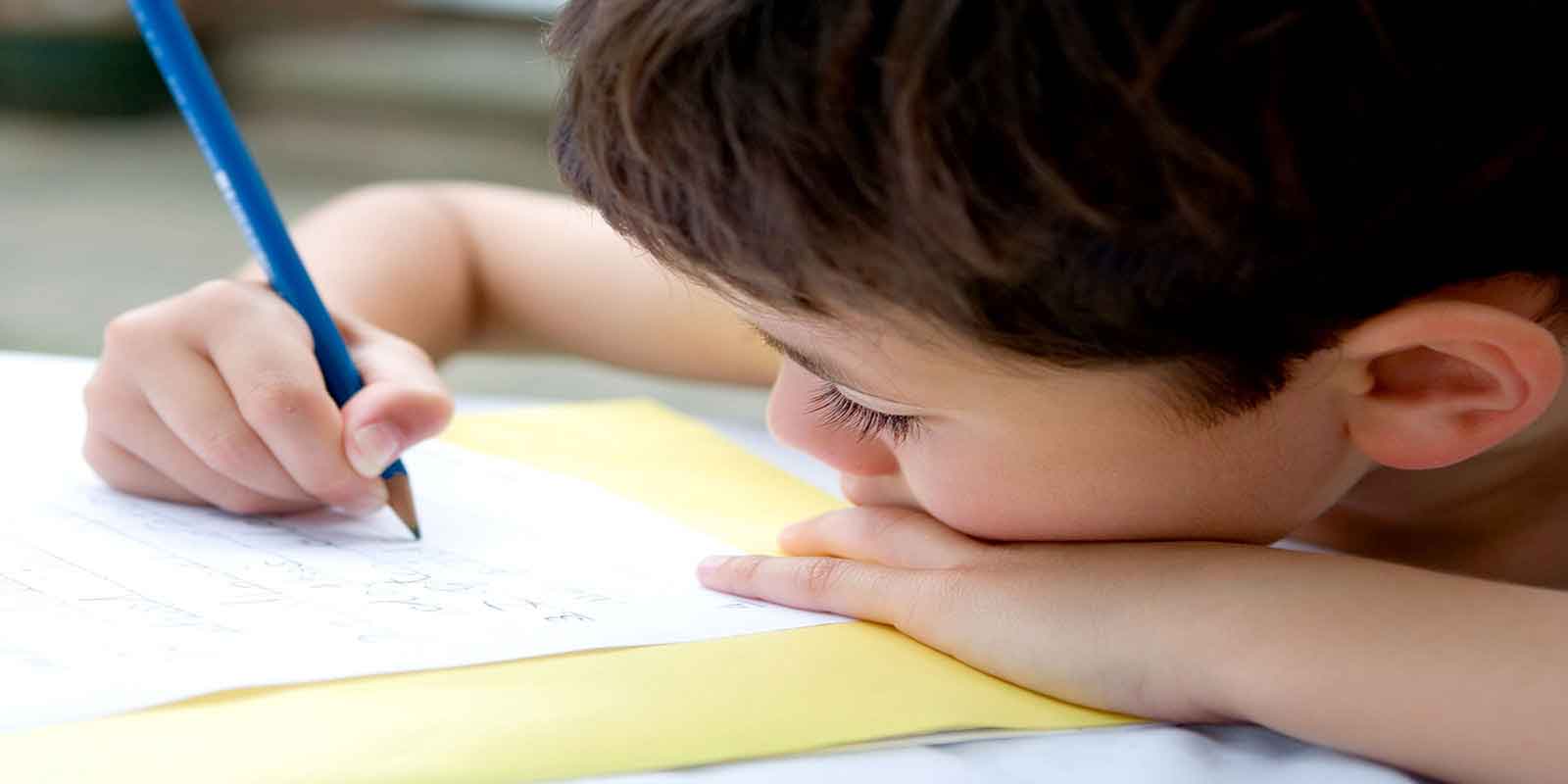
Why are fine motor skills such a good predictor when it comes to doing well in school? It appears that the way the neurons are connected, learning processes based on personal experiences, and experiences gained inside the classroom all play a part. From a neurological point of view, the pre-frontal cortex controls both cognitive and fine motor-skills development. This is why children who have more developed fine motor skills in their pre-school years will end up having better performances in school. Children who develop these skills, with by drawing and attempting to write in their early years, will be able to focus better during classes. This is because children with better fine motor skills are more comfortable with the task of writing, for example, and are more capable of investing their resources into paying attention to what is happening around them. Therefore, they will absorb more of the information provided by the teacher and have better results in learning. After all, a child who already knows how to write down numbers will be able to learn how to count faster than a child who has to invest all of their energy and attention into learning how to write the numbers first.
So, if you are the parent of a young child or preparing to become a parent, do bear in mind that fine motor skills are more important than you may think. To develop your child's fine motor skills you should really encourage them to learn to use their hands with play-dough and other toys, as well as encouraging them to learn how to draw and write during the early years of childhood. Don’t let the child use mobile devices too much, and if a child does use these devices, offer them apps specifically created to develop these skills. Using mobile devices too much, even if it is for innocent games, can seriously impair a child’s fine motor skills. Which can translate into poor school performances later on.
Articles
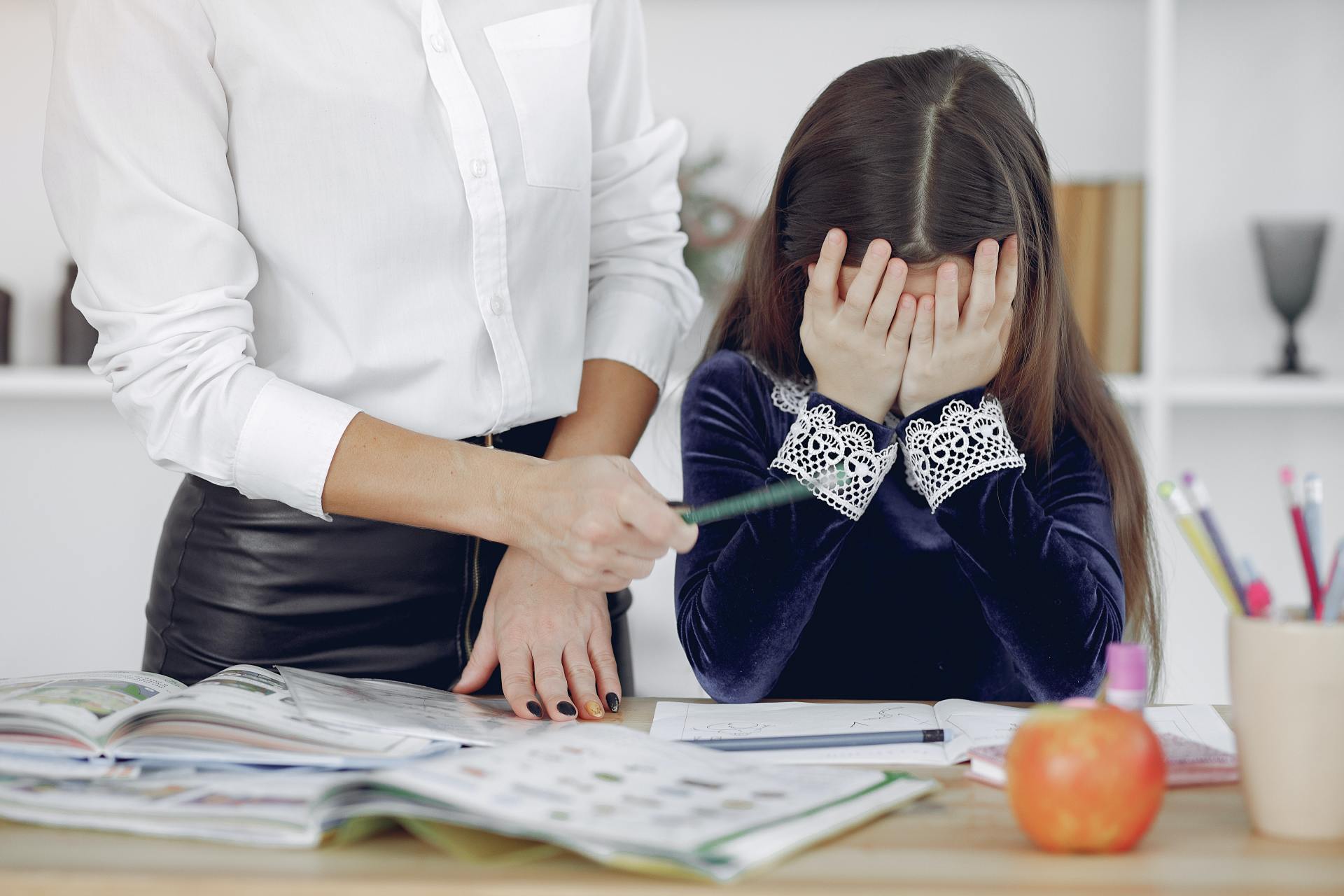
The United Nations has described the disruption to education caused by the pandemic as ‘unparalleled’. At the virus’ worldwide peak in April, it is estimated that over 90% of all enrolled learners, from kindergarten to bachelors and beyond, had their education affected by school closures and the pandemic (UNESCO). For many university students and older children, they have had to adapt quickly to online learning. They can keep in touch with their peers and teachers online and continue their studies, albeit in a highly modified way. As challenging as this may be, this experience will help equip them for a future that is increasingly online. For parents of younger children, they are assuming a new role: their child’s home school teacher. This is in addition to their usual childcare and household duties, their work responsibilities and often emotional and financial worries caused by the pandemic. Stressful? Yes. The good, and somewhat surprising, news? The experts advise that you don’t teach your children - at least not in the way you might expect.
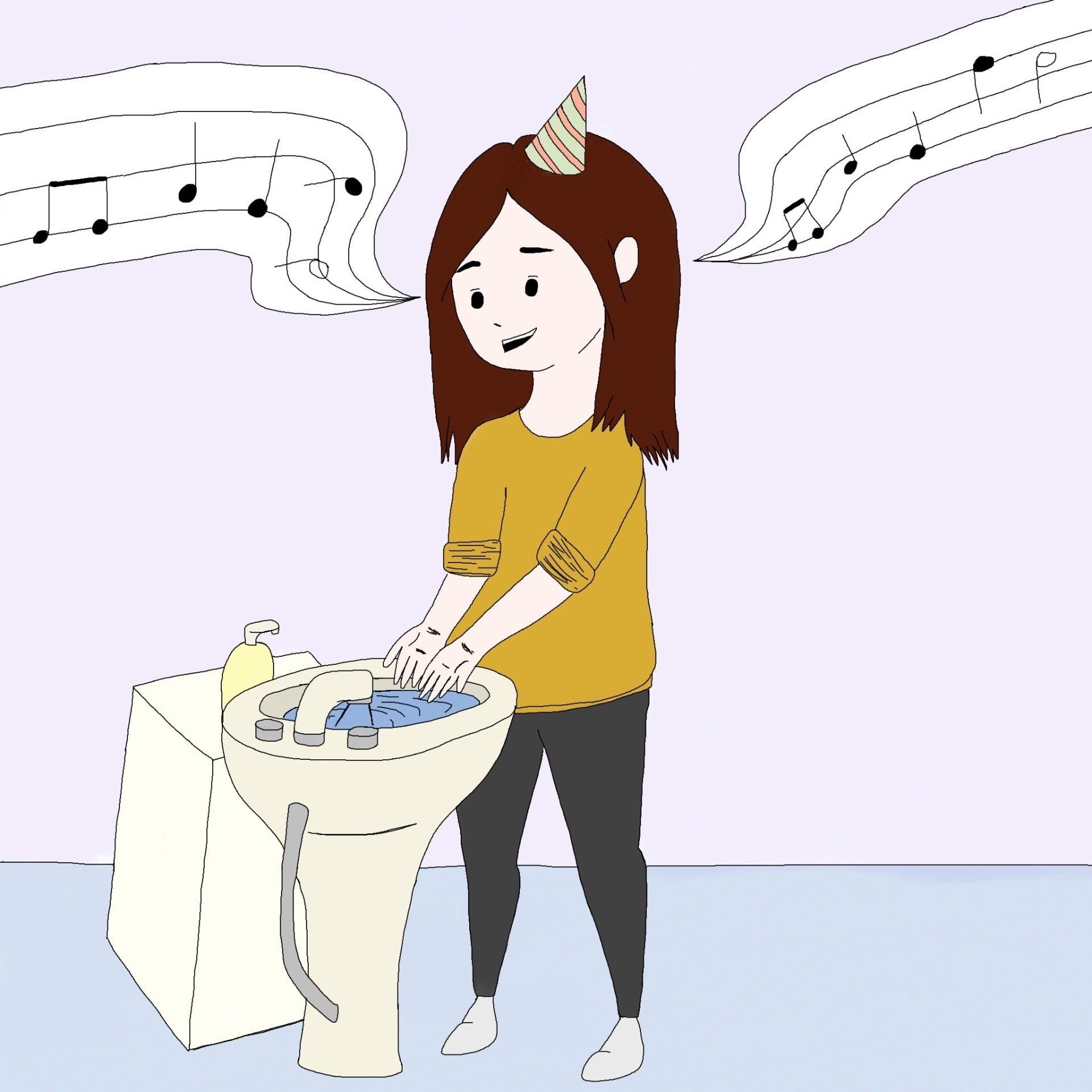
If the recent outbreak of Covid-19 has taught us anything, it's that many adults do not wash their hands effectively. It has never been more important that we support our children to develop good personal hygiene to keep themselves and our families safe. This seemingly easy task can be very difficult for children with fine motor skill difficulties. In this article, we explore some ideas to support your child with hand washing.
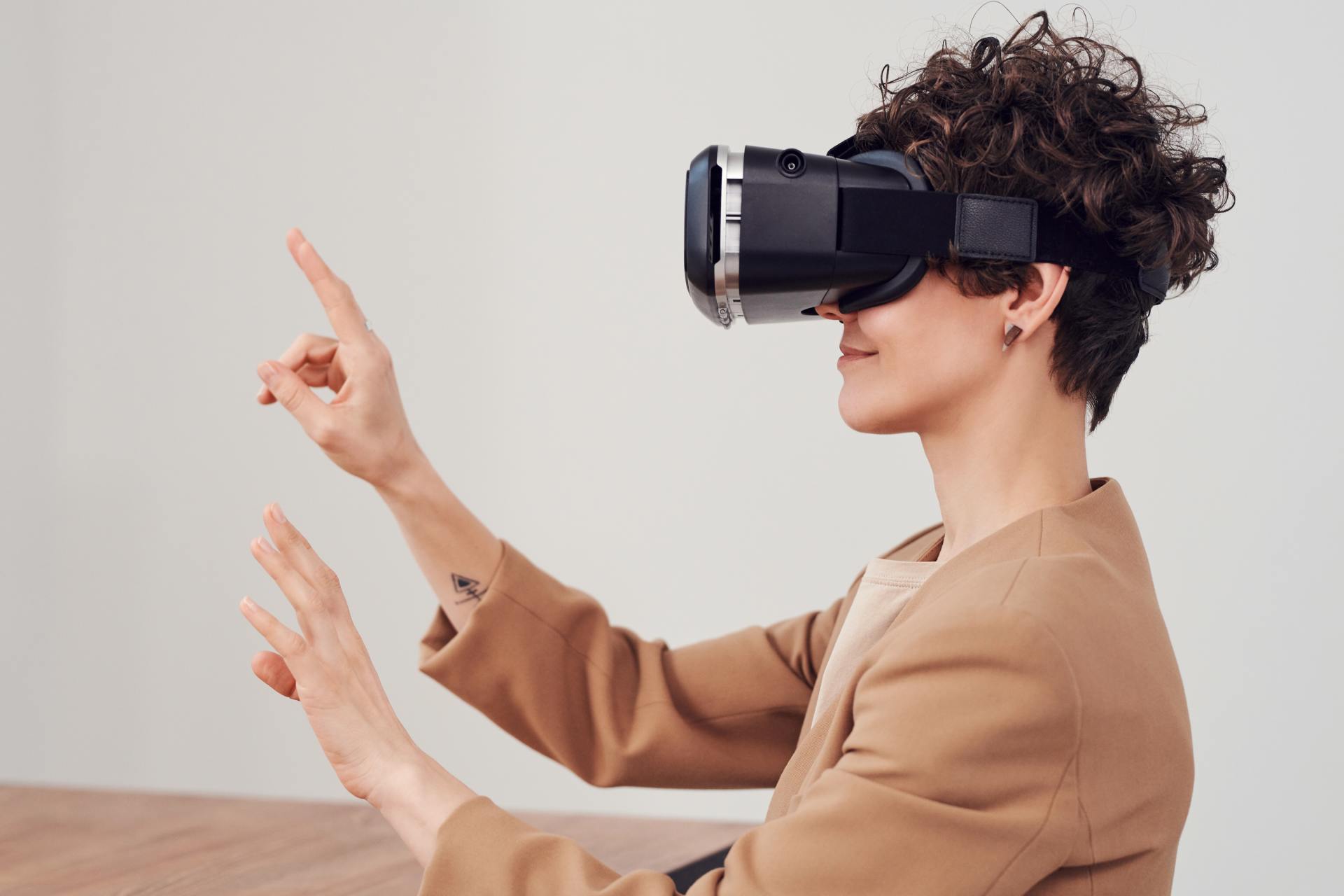
Lockdown has brought the digital future into the now. Online shopping, entertainment, education and more have moved from the periphery to the mainstream to, in many cases, the only option. With the necessity of social distancing looking to continue for many months, it appears that this rapid digital revolution is here to stay. This means that life as we know it, in most of its sectors, has changed forever. In order to survive, businesses are having to adapt rapidly, embrace technology and look to the future. Architecture is no exception. There has been a widespread adoption of technology and VR over the past few months in response to the lockdown across all of society. Elderly grandparents who were once resistant to adopt new technologies talk of “Zooming” and have started video chatting with their family members to combat loneliness. Art galleries that were once considered stuffy or pretentious are now pioneers in VR technology, with Google Art & Culture offering tours of London’s National Gallery or the Musee D’Orsay in Paris. These virtual tours deliver art in a dynamic new way that can be far more engaging than regular photos. Critics have applauded the panoramic and immersive views of gallery building and exhibitions which work well for rendering of 2 dimensional art, however impressions of sculpture is somewhat lacklustre. With VR technology, users can enjoy a truly immersive experience in the comforts, and safety, of their own home. The COVID-19 pandemic has served as an accelerant for the arts and entertainment industries to embrace VR.




